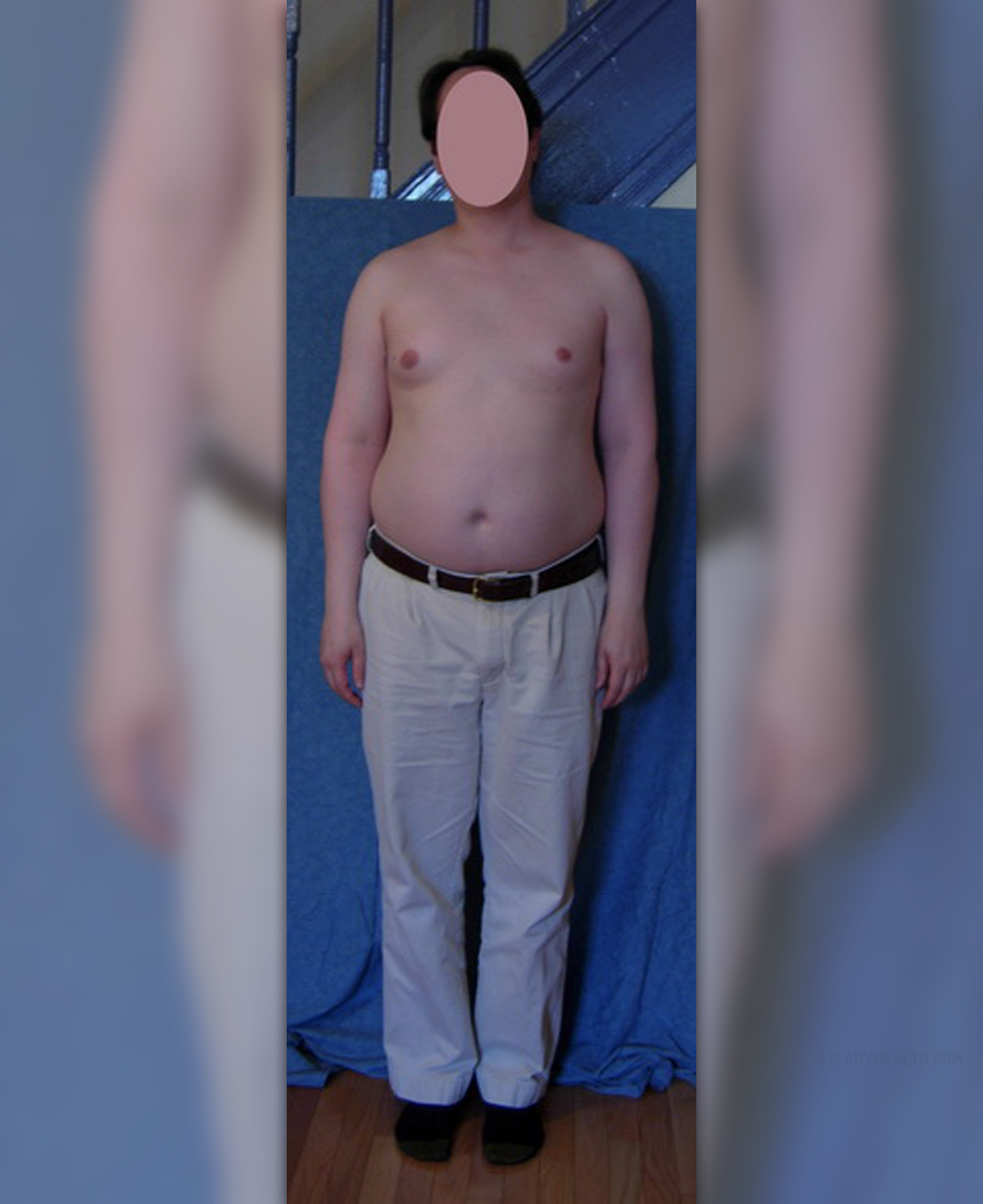
Specific genetic defects were identified in less than 20% of infertile men, and the most common cytogenetic defects associated with nonobstructive azoospermia are numerical and structural chromosome abnormalities. They included:
Klinefelter syndrome (47, XXY) and Y chromosome microdeletions.Klinefelter's syndrome, 47, XXY, or XXY syndrome is a condition in which males have an extra X sex chromosome. Scientists refined the incidence and nature of chromosomal aberrations in man that were observed and infertile. They reviewed cytogenetic results in 668 infertile men with oligozoospermia and azoospermia. Experiment group were consisted of 668 infertile males who referred to for routine cytogenetic analysis between January 2004 and March 2009.
The checkup was consisted of high resolution Giemsa banding chromosome analysis and/or fluorescence in situ hybridization. The study showed the overall incidence of chromosomal abnormalities about 8.2%. Among the 55 patients with abnormal cytogenetic findings, in 29 of them (53%) sex chromosome aneuploidies were observed, including Klinefelter syndrome in 27 (49%). Structural chromosome abnormalities involving autosomes (29%) and sex chromosomes (18%) were detected in 26 infertile men.
Abnormal cytogenetic findings were observed in 35 of 264 patients (13.3%) with azoospermia and 19 of 365 (5.2%) with oligozoospermia. The study suggests that structural chromosomal defects and low level sex chromosome mosaicism are common in oligozoospermia cases.
In males suffering form oligozoospermia extensive cytogenetic assessment and fluorescence in situ hybridization may improve the detection rate.
Therefore these findings contribute to realization that genetic testing in infertile men is needed because that way couples may make informed decisions on assisted reproductive technologies in order to achieve parenthood.


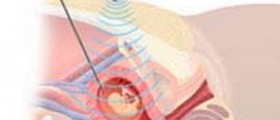



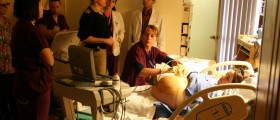



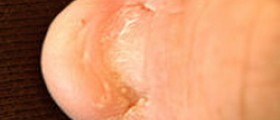



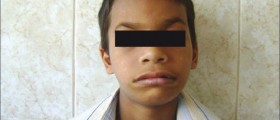


Your thoughts on this
Loading...